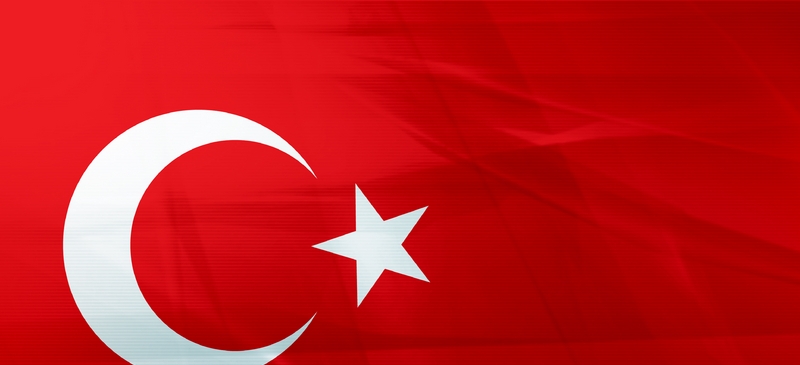
Recent elections were good for Turkey but it must now roll up its sleeves
Turkey is to be congratulated on the outcome of both its parliamentary and presidential elections. To see why, just consider possible alternatives. Instead of having a stable, oneparty government committed to EU entry, Turkey could have a bickering coalition held together by the sole purpose of averting an alleged Islamist conspiracy. And instead of the pious and pragmatic Abdullah Gul, there could be a uniform-clad general in the presidential palace.
The most important conclusion to be drawn from recent events is that Turkey has matured, as both a modern democracy and a market economy. A few years back, the kind of political tension that Turkey has just been through would probably have resulted in military intervention and economic meltdown.
The critical point came in April, when the army threatened to stop the presidential bid of Abduallah Gul, then foreign minister. Turks have traditionally seen their president as the protector of the secular order under which the state rules firmly over religion. Gul’s fiery Islamist past, and the fact that his wife wears a headscarve, nurtured the deep-seated suspicions that much of the urban elite feels towards the ruling AKP. As the generals contemplated another coup (it would have been the fifth since 1960), millions of Turks marched in the streets in defence of secularism. The lira and the stockmarket started to wobble.
The prime minister, Recep Tayyip Erdogan, then diffused the situation by calling an early election. His AKP gained a convincing victory, with almost 47% of the vote – as befits a government that has presided over cumulative GDP growth of 35% in five years. The new parliament promptly confirmed Gul as president. The army growled but stayed in the barracks. The fact that the markets remain shaky has more to do with the global liquidity crunch and Turkey’s worrying external deficit than with lingering political uncertainty.
Now the new government needs to roll up its sleeves. It needs early reform results to retain investor confidence; to consolidate the achievements of its first term; and to keep the EU accession process on track. That is a tall order.
Over the last year, Erdogan’s government has done few of the things that the EU wants, which range from improving the court system to opening up the energy sector. There is not enough time for big economic measures between now and November, when the European Commission will publish its annual assessment of pre-accession preparations. But there are steps that Turkey could take to make the report more positive. One is to abolish or modify the controversial article 301 of the penal code, under which Orhan Pamuk and other authors have been prosecuted for voicing critical opinions. The other is reassurance that Turkey’s new constitution, which is currently in the works, will strengthen human and minority rights.
Many of the changes needed for EU entry are costly and controversial, which is why Turkey needs more reassurance from the EU that its membership bid is still on track. In December 2006, the EU suspended talks in eight of the 35 ‘chapters’ of EU rules that Turkey will eventually have to comply with. This was in response to Turkey’s refusal to open up its ports to ships from Cyprus before a political solution for the divided island is in sight. Another blow for Turkey’s accession prospects came in June, when France’s new president, Nicolas Sarkozy, stopped negotiations on the chapter on economic and monetary union. Only full members need to bother with single currency rules, he said. And Turkey should never achieve that status.
Now Sarkozy seems to have softened his stance, perhaps after some prodding from Berlin, London and Washington. He has explicitly stated that accession talks can continue, provided the EU sets up an expert group to contemplate the eventual ‘borders of Europe’. He wants to discuss the outcome at the EU’s summit in December.
Rather than drawing thick red lines around Europe, EU leaders should use this summit to reconfirm their commitment to Turkey’s full membership. And they should implement their promise of allowing more trade and aid for Northern Cyprus.
Turkey has achieved a lot, and it has just proven its new-found resilience in the face of economic and political turmoil. But political divisions run deep and the army is still on standby. For the AKP, economic success and continued progress towards EU membership is the biggest, perhaps the sole, source of legitimacy among those who distrust its Islamist roots. For the EU to withdraw the accession anchor now would be a disaster.
